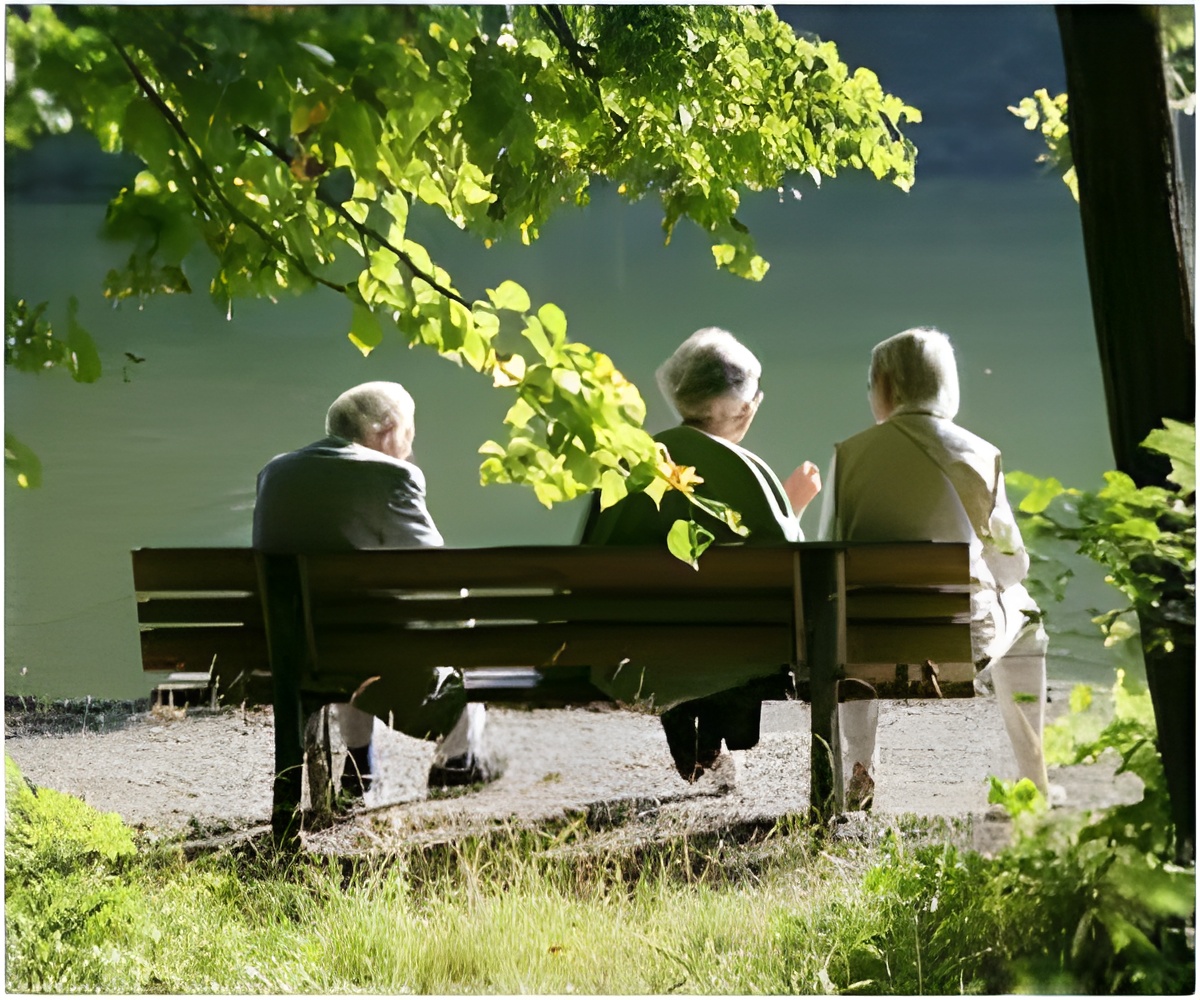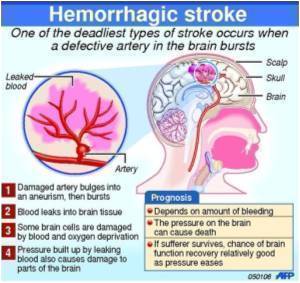
It involved three neighborhoods in Chicago, and 5,789 elderly people who live there. In a period of 11 years there were 186 stroke deaths and 701 first strokes. The old people in the study were interviewed about their communities, the level of exchange that took place, their own interaction with others through questions on day-to-day life.
The researchers discovered that although stroke rates were not impacted, survival rates definitely were by social cohesion. Their finding took into account other contributory factors like socioeconomic status and cardiovascular risks, such as high blood pressure, smoking, physical inactivity, diabetes and obesity. Yet, social cohesion remained an important factor in surviving a stroke.
Scott C. Brown, a research assistant professor of epidemiology and public health at the University of Miami Miller School of Medicine, commented that shared values among neighbors would encourage a healthy lifestyle.
Yet, there has been a contradiction in the results between blacks and whites; the protection that social cohesion provides is unequal. Brown explains, “There may be unmeasured variables, such as crime or health-care access. You may have neighborhoods where neighbors are watching out for each other [but] there may be less access to health care, or no health insurance.”
According to the study’s author Cari Jo Clark, an assistant professor of medicine at the University of Minnesota, further research is definitely needed to look into this complex issue.
Advertisement
Advertisement














